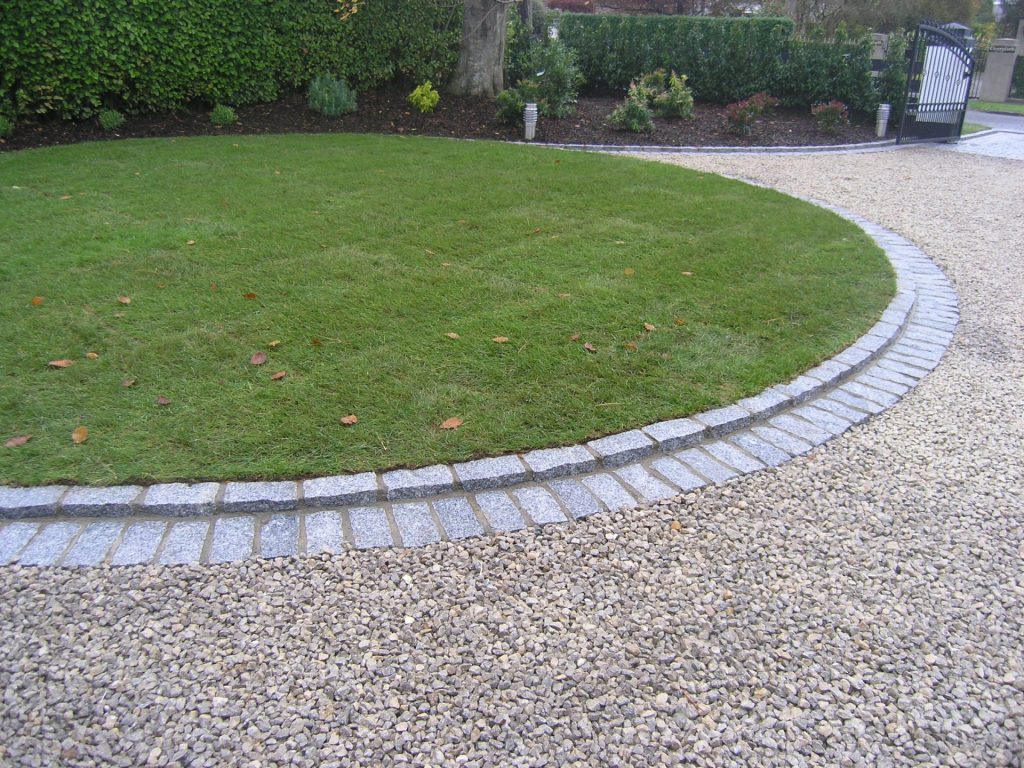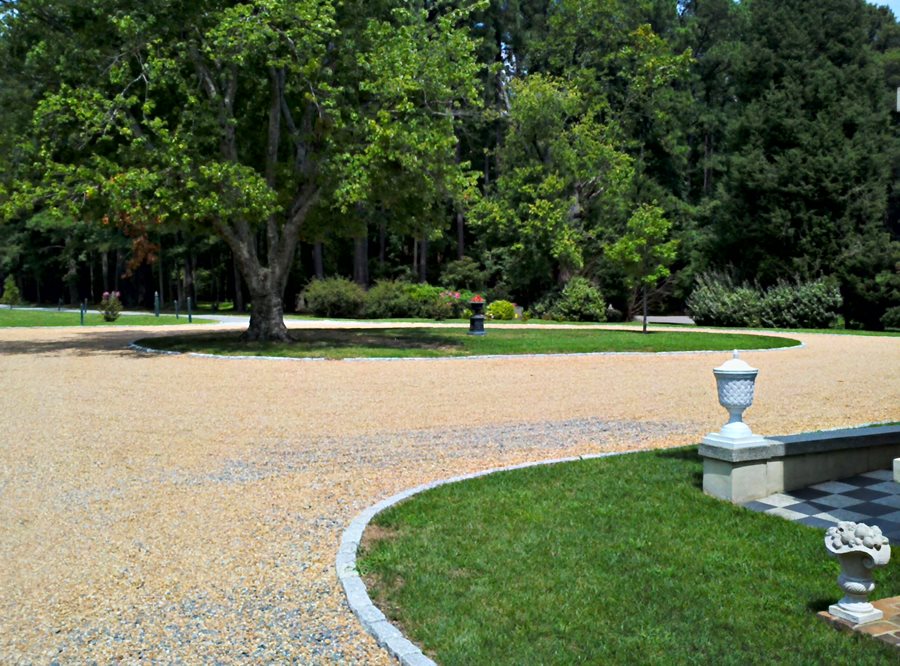
Choosing the right driveway material is an important decision for Australian homeowners, affecting both the property’s functionality and curb appeal.
This article provides a comprehensive comparison between concrete and gravel driveways, exploring their pros and cons to help guide your decision.
Concrete Driveways: The Robust and Stylish Option
Pros
Durability and Longevity
Concrete driveways are known for their strength and ability to endure heavy traffic, extreme weather, and last for decades with minimal maintenance.
Design Flexibility
They offer a range of aesthetic options, from plain concrete to decorative finishes such as stamped or colored concrete, allowing homeowners to tailor the driveway to their home’s style.
Low Maintenance
Concrete driveways require minimal upkeep, mainly regular cleaning and occasional sealing, to maintain their appearance and integrity.
Cons
Higher Initial Cost
Installing a concrete driveway typically involves higher upfront costs due to the materials and labor involved.
Cracking Over Time
Concrete can develop cracks due to environmental conditions or ground movement, which may require repair to maintain its appearance.
Environmental Impact
The production of cement, a key component of concrete, contributes to carbon emissions. However, advancements in eco-friendly concrete options are available.

Gravel Driveways: The Economical and Natural Alternative
Pros
Cost-Effective
Gravel is often more affordable than concrete, both in terms of material and installation costs, making it a budget-friendly option.
Natural Aesthetics
Gravel provides a rustic and natural look that can complement a variety of house styles, especially in rural settings.
Permeability
Gravel allows water to drain through, reducing runoff and helping to manage water flow on the property.
Cons
Regular Maintenance
Gravel driveways require frequent upkeep, including raking and replenishing the gravel, as well as weed control.
Less Stability
Gravel can shift and spread, leading to uneven surfaces and potentially requiring regular leveling and compaction.
Dust and Debris
Loose gravel can scatter and create dust, which might be a concern for vehicles and cleanliness, especially in dry climates.

Key Considerations for Australian Homeowners
Climate Suitability
In regions with heavy rainfall or flooding, gravel’s permeability offers an advantage. However, in areas with frequent snow or ice, concrete’s stability and ease of clearing make it more practical.
Budget and Installation
Concrete driveways involve a higher initial investment but less long-term maintenance. Gravel driveways are cheaper to install but require more regular maintenance.
Aesthetic Preferences
The choice may also depend on aesthetic preferences. Concrete driveways provide a modern, clean look, while gravel offers a more natural, rustic appeal.
Conclusion
When selecting a driveway material in Australia, homeowners must weigh factors such as budget, maintenance, climate, and aesthetic preferences.
Concrete driveways offer durability, low maintenance, and design versatility but come with higher initial costs and environmental concerns.
Gravel driveways are cost-effective and provide natural aesthetics but require more maintenance and can be less stable.
Ultimately, the decision should align with your specific needs and the overall look and functionality of your property.
